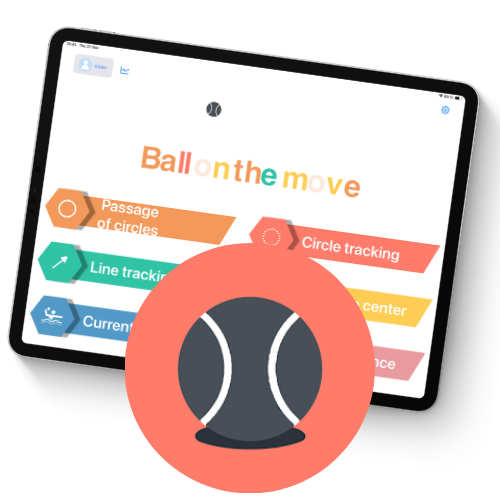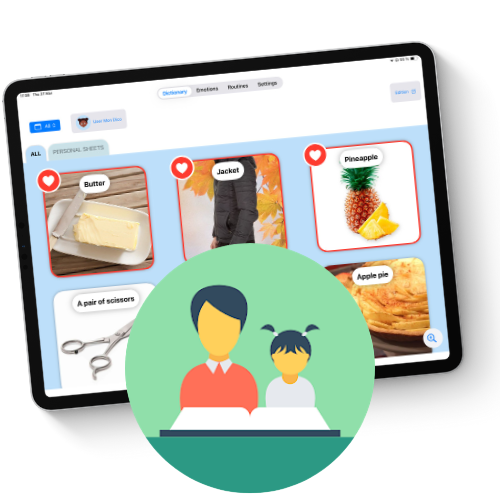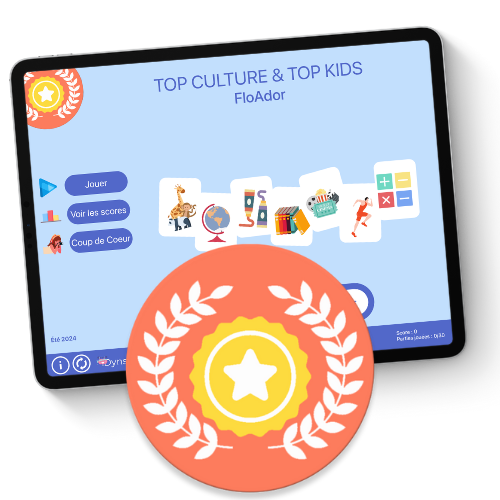Boost your brain
with DYNSEO
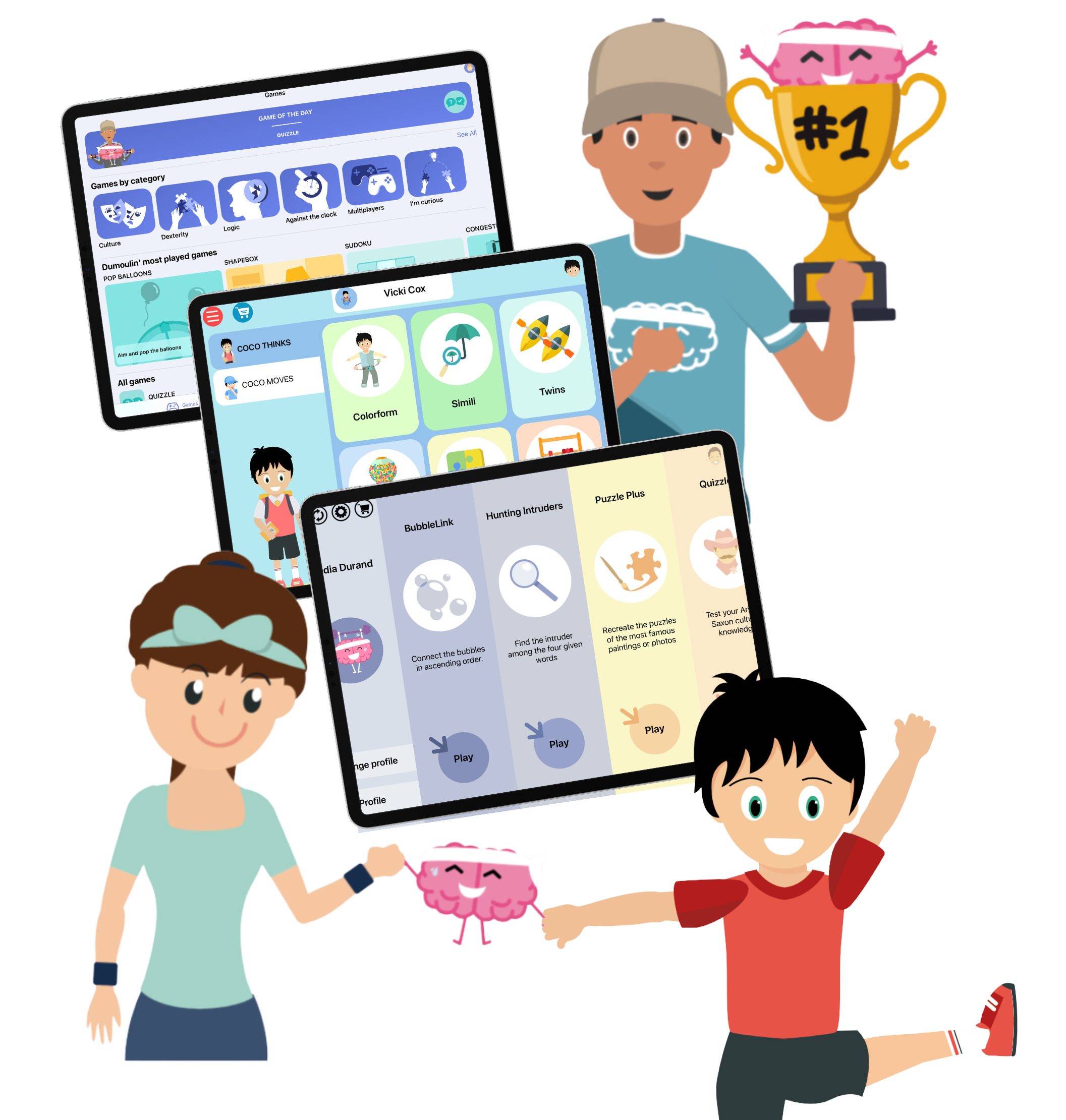

Memory training programs

Innovative, fun and personalized

Designed with healthcare professionals in mind

For PROs and private customers

For all your needs
Autism, DYS, ADHD, stroke, Alzheimer’s, Parkinson’s…

Our players’s favorites
CHILDREN
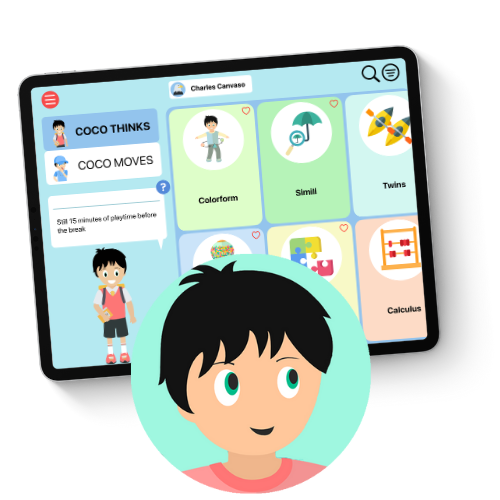
COCO THINKS & COCO MOVES
The educational coach COCO offers your children both educational and physical games. Every 15 minutes of screen time, a physical activity break is required. Smart screen time, without the need for internet.
COCO THINKS & COCO MOVES
FROM_5 €
Discover
Buy
ADULTS
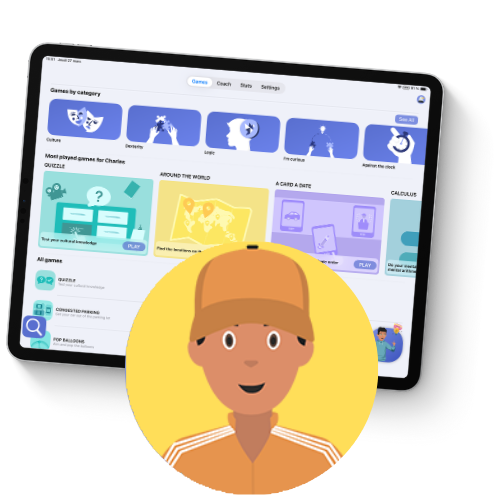
CLINT, your brain coach
With your brain coach CLINT, train your mind with logic and strategy games, as well as games focused on culture, geography, and literature. You can also choose which cognitive functions to stimulate.
CLINT, your brain coach
FROM_5 €
Discover
Buy
SENIORS
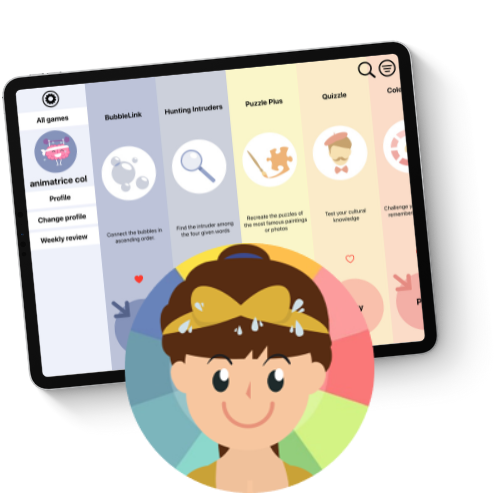
SCARLETT, your memory coach
SCARLETT, your memory coach
FROM_5 €
Discover
Buy
Our offers with tablet
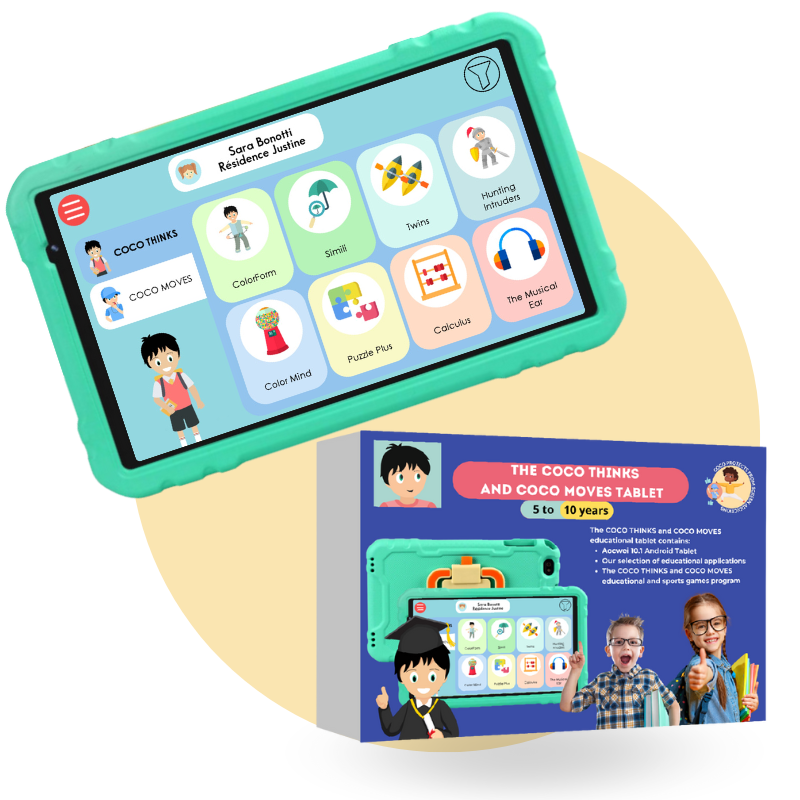
Educational tablet COCO
Lifetime warranty – it’s the only screen that truly gets them moving!
Educational TABLET COCO
158 €
138 €
Discover
Buy
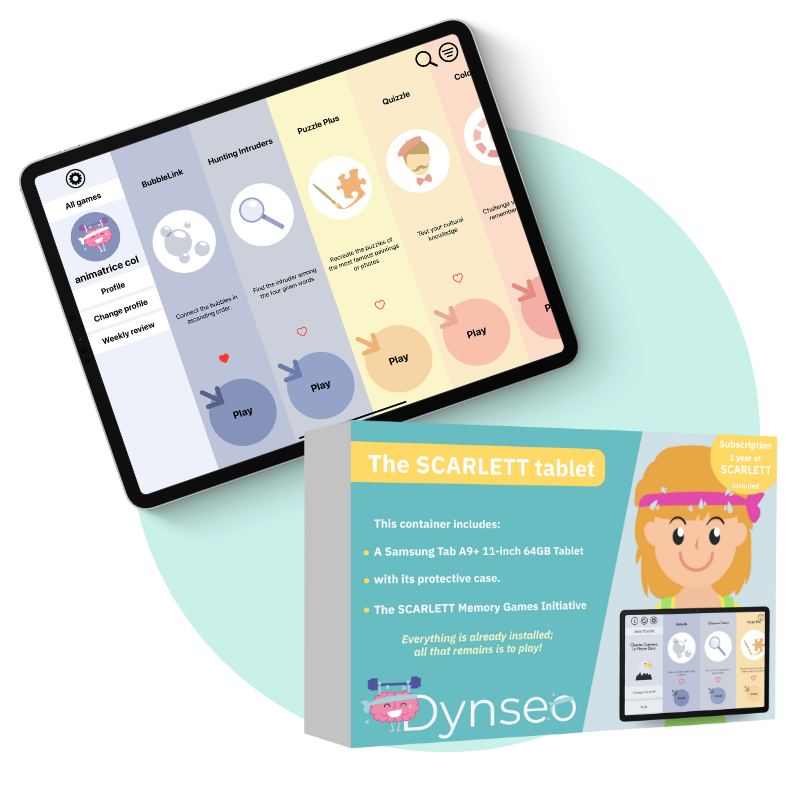
SCARLETT Tablet
The SCARLETT tablet is seniors’ favorite gaming tablet for gently stimulating memory, with over 30 cognitive games developed with healthcare professionals.
Delivered ready to use, with no need for internet, on a Samsung tablet with a large screen, it offers a simple, fun, and reassuring experience.
Scarlett’s Tablet
297 $
Discover
Buy

BOITES A OUTILS
Home assistance toolbox
384 €
Discover
Buy
Our other apps to boost your memory
Thousands of professionals won over by our innovations
For each specific need
its customized solution!
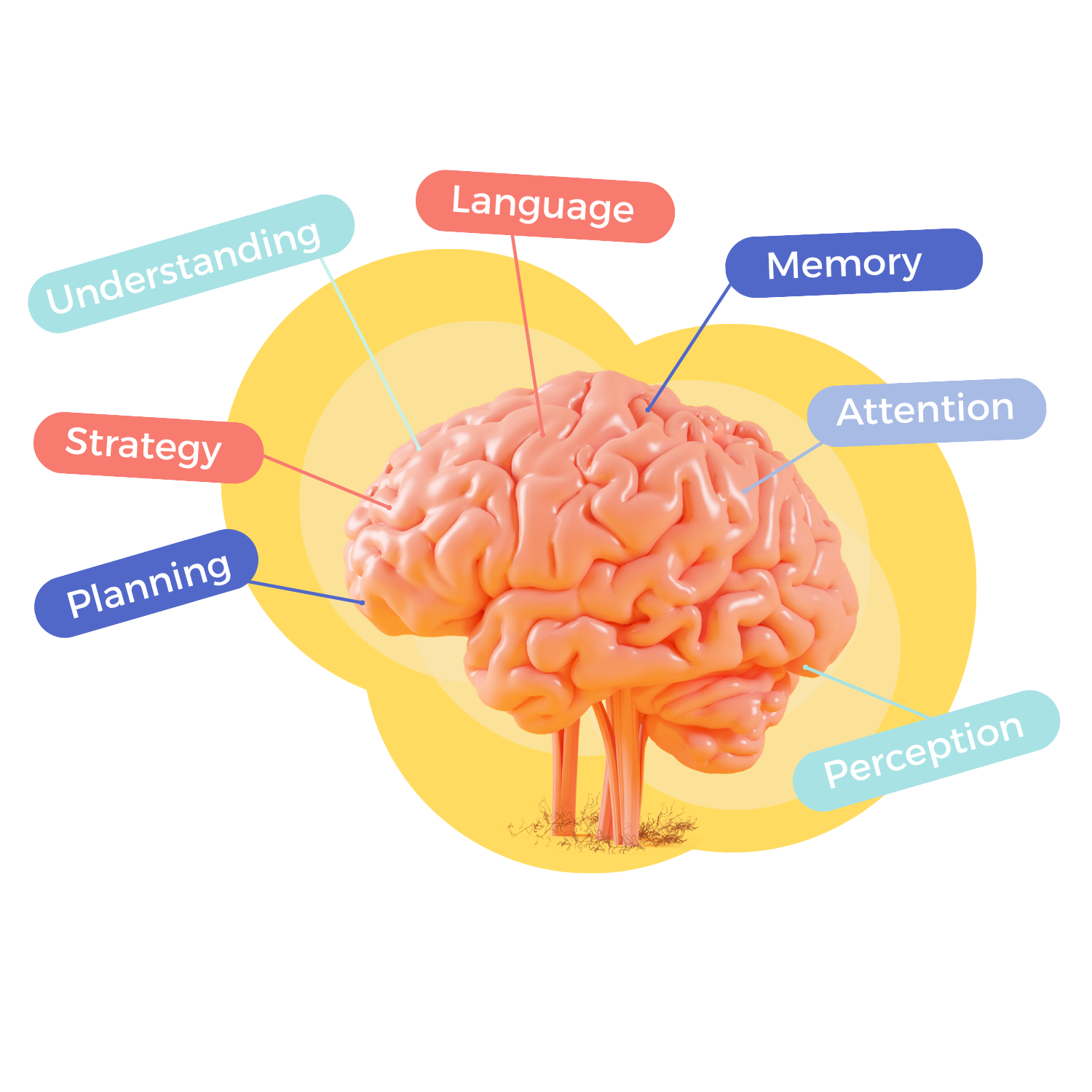
For each specific need
its customized solution!
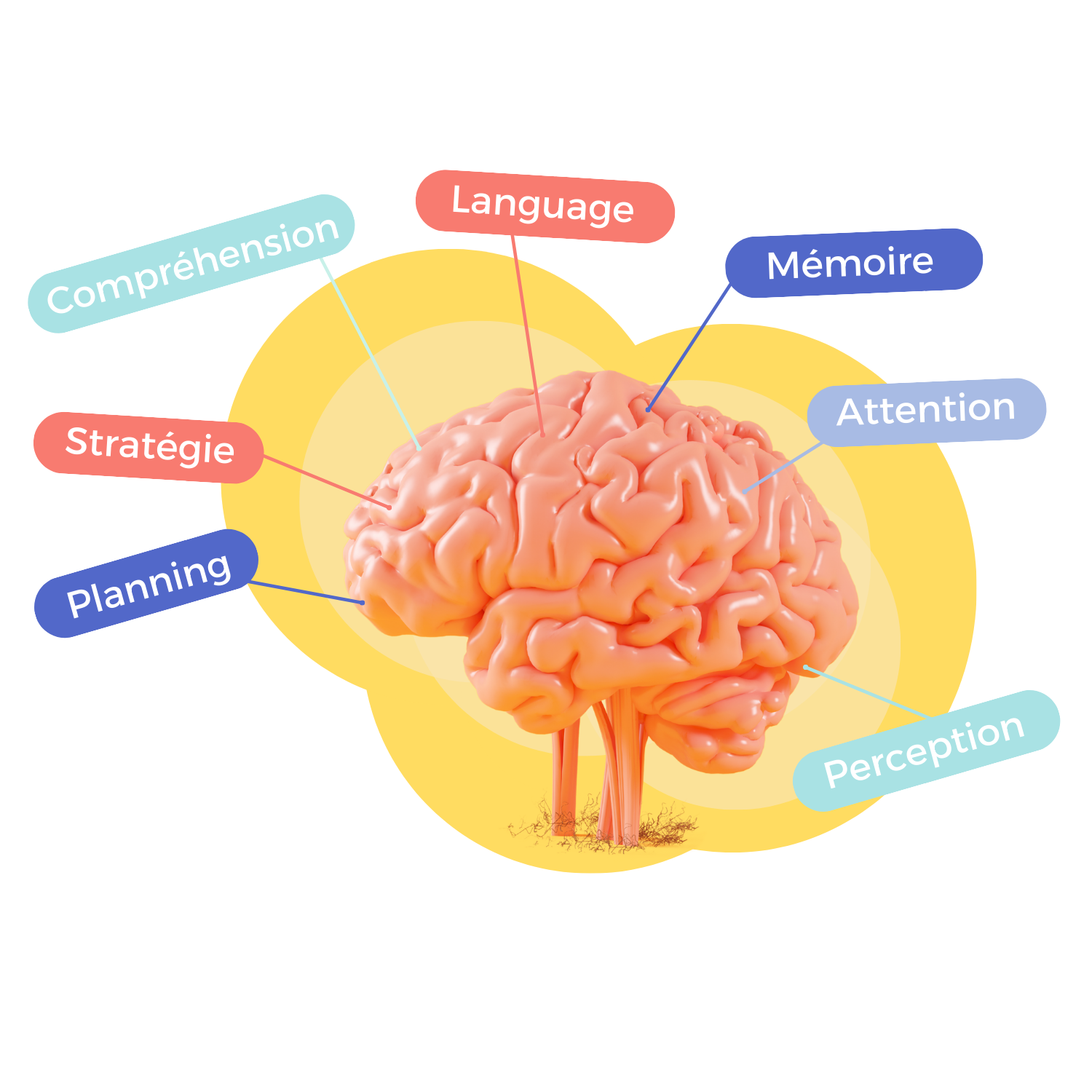
More
1 Million
of smiles
Generated!!!
With a professional, at home, at school, in hospital, with a loved one, in peace and quiet, in a group…
Playing is good for your health.
So smile with us!
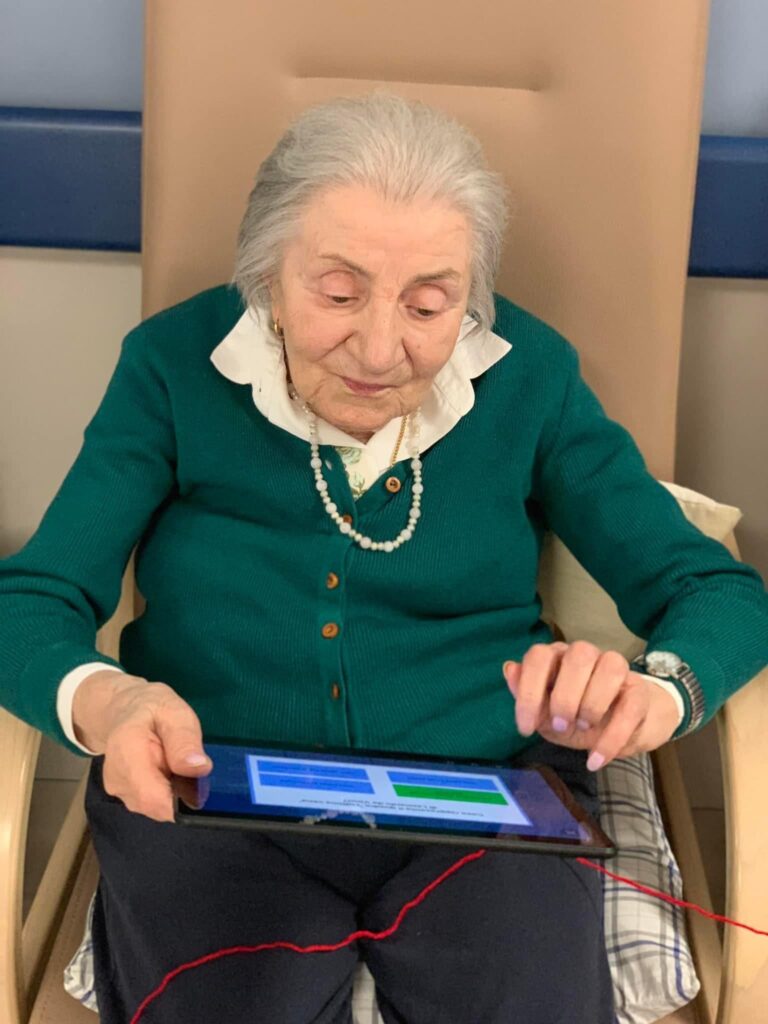

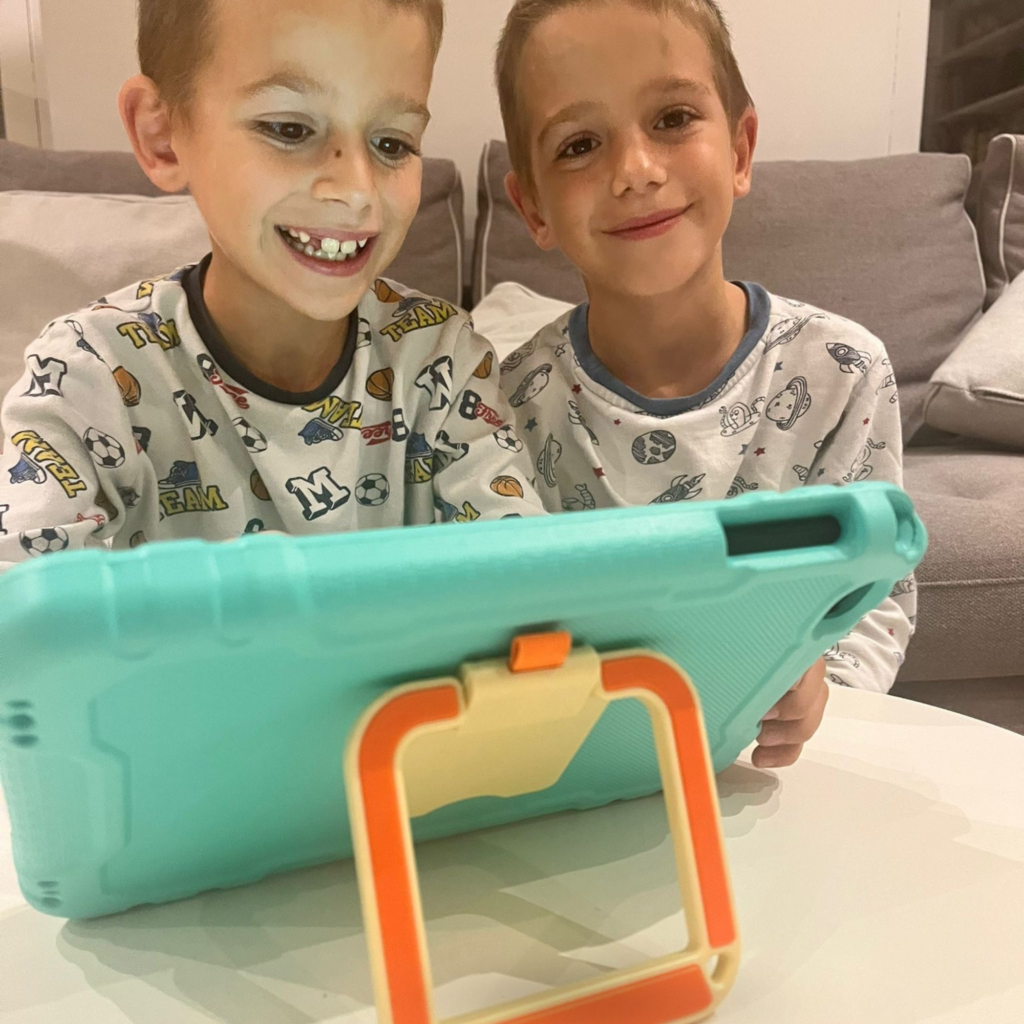
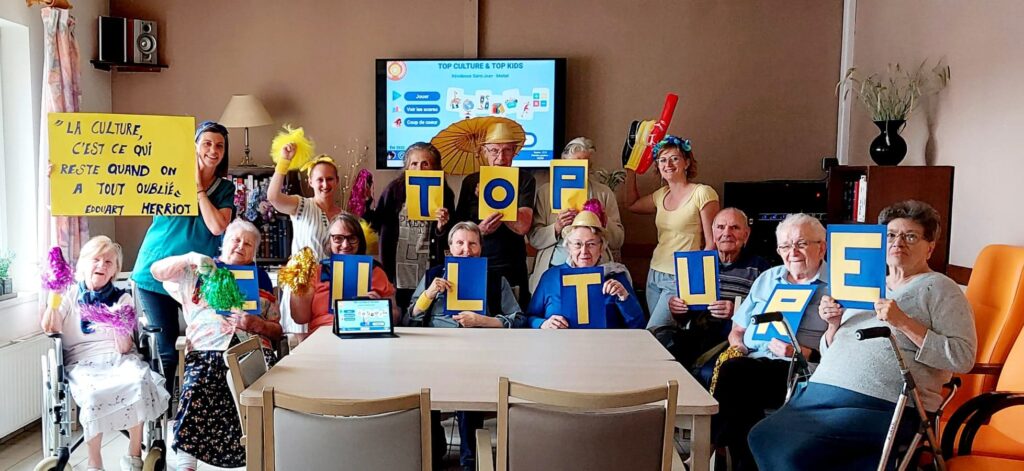


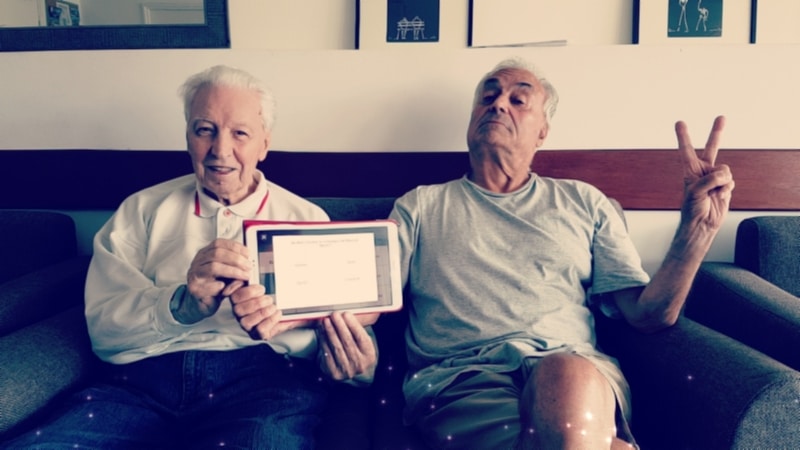
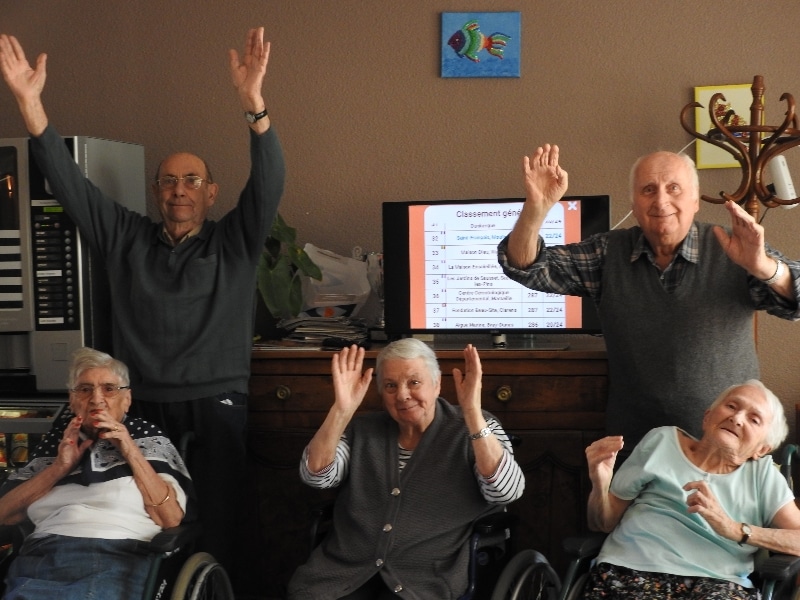
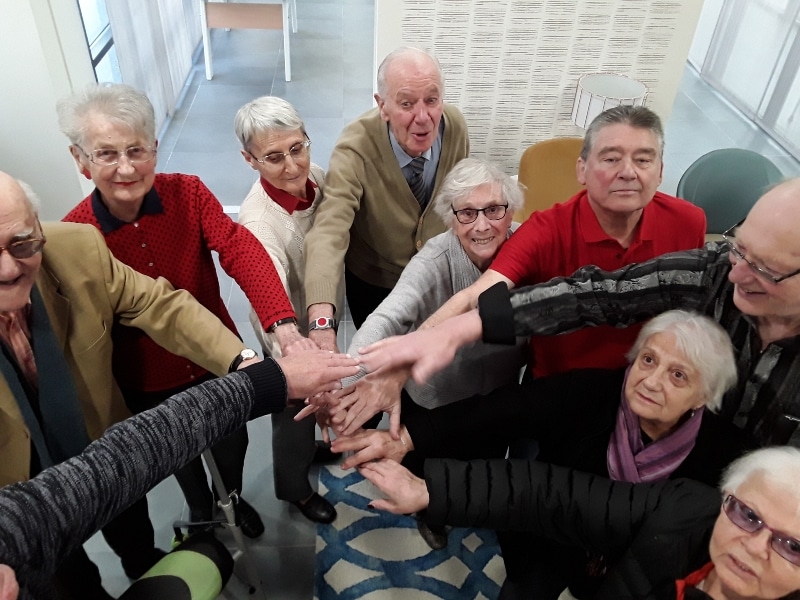
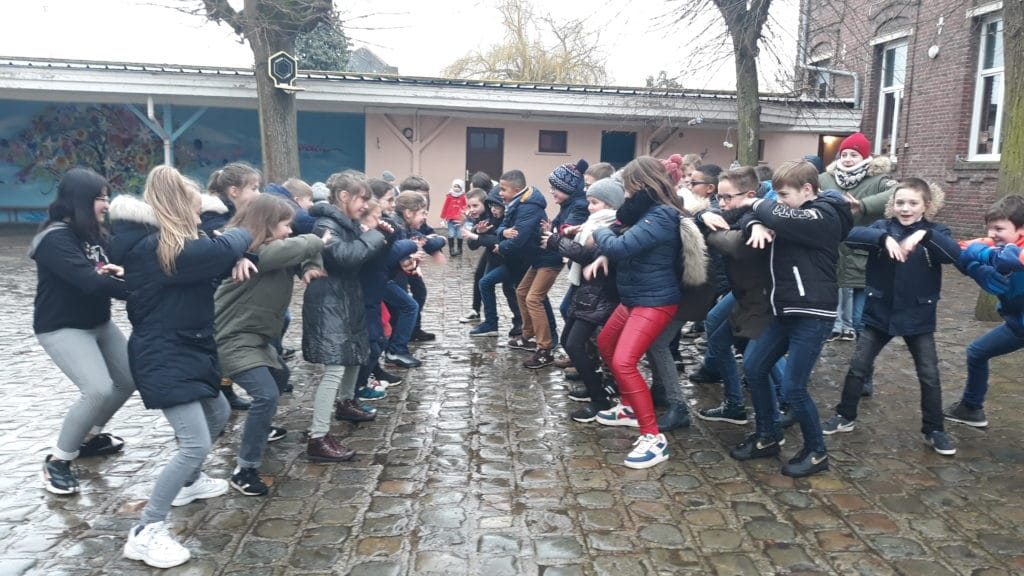
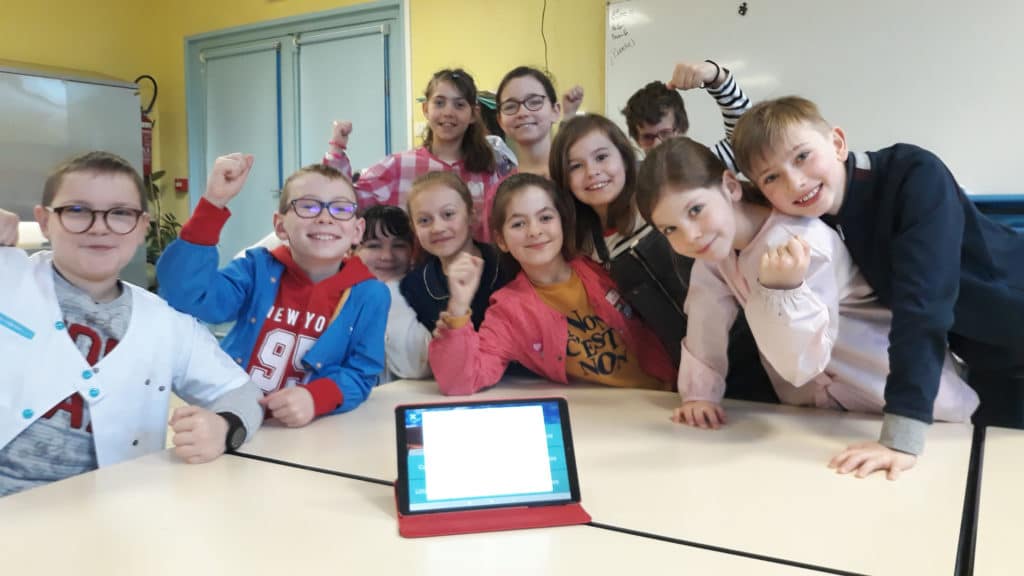


Take action
and stimulate your brain
right now!
















